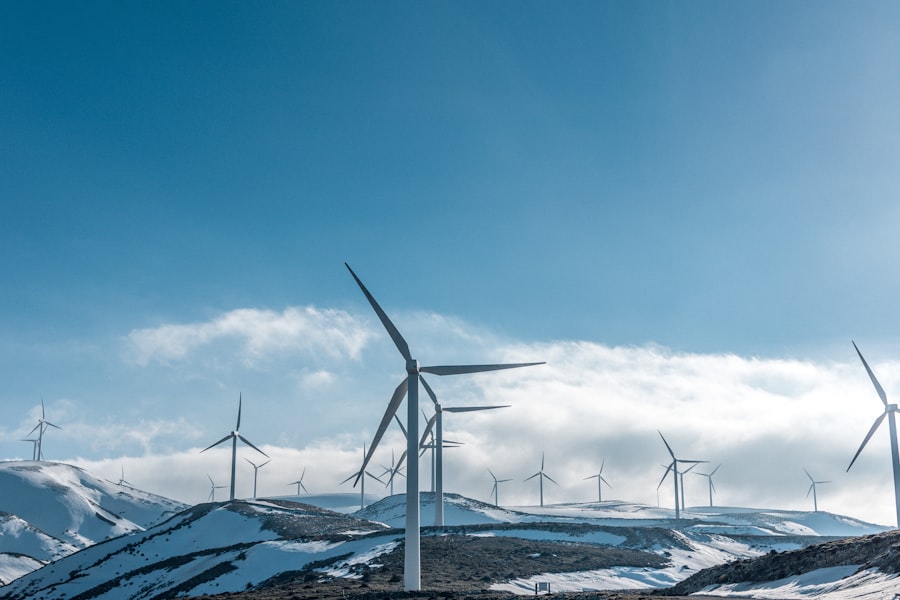
A Race for the Skies: Companies Compete to Develop Hydrogen-Powered Aircraft
The aviation industry is seen as a major contributor to climate change and needs to reduce emissions. Hydrogen is seen as a promising solution and development is progressing quickly. H2Fly, a Stuttgart based start-up, has been working on hydrogen-powered aircraft for years and plans to beat the industry giant Airbus in producing a market-ready passenger plane with hydrogen propulsion by 2035. A centre for hydrogen-electric flying will be established at Stuttgart Airport by the end of 2024 under the leadership of H2Fly. Baden-Wurttemberg’s Minister President Winfried Kretschmann believes that it is now a race between companies to see who can produce the first hydrogen powered aircraft. In addition to H2Fly, other companies such as ZeroAvia are also making progress in developing hydrogen propulsion for aviation.
In summary, this article discusses how different companies are racing to develop hydrogen powered aircraft in order to reduce emissions from the aviation industry. H2Fly plans to have their 40 seat Dornier 2000km range plane ready by 2025 while ZeroAvia is also making progress in developing similar technology.
Uses for Hydrogen
Hydrogen is a versatile element with many uses. It is used in the production of ammonia, methanol, and other chemicals. It can also be used as a fuel in fuel cells, which produce electricity through an electrochemical reaction between hydrogen and oxygen. Hydrogen has also been used to power rockets and spacecrafts, as well as to cool superconducting magnets in MRI machines. Additionally, hydrogen can be combined with carbon dioxide to create synthetic fuels such as methanol or diesel.You might also like this article: AgTech startup investor from Palo Alto: AME Cloud Ventures. Picture source: Jason Blackeye